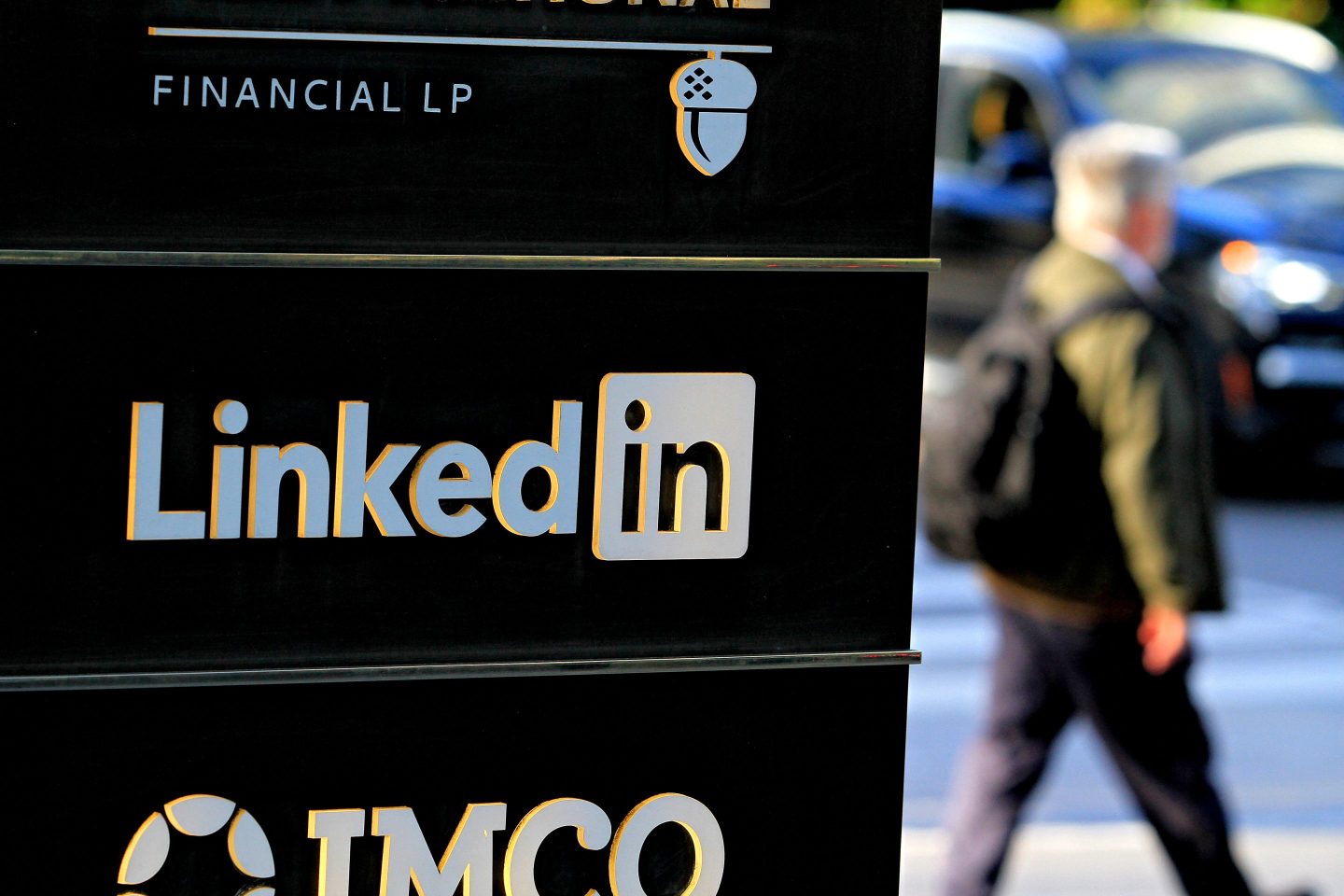The Federal Reserve is set to raise interest rates for the first time since 2018 on Wednesday as it grapples with rising consumer prices, and many Wall Street analysts are predicting it won’t be the last rate hike in 2022.
The Fed’s dual mandate to maintain stable prices and ensure maximum employment has been sorely tested recently. On the one hand, inflation hit a four-decade high of 7.9% in February, but at the same time, the overall economic recovery from COVID-19 has been strong.
The U.S economy added an impressive 678,000 jobs last month, the largest monthly total since July, and the unemployment rate fell to just 3.8%, the Labor Department reported. But the disruption to commodities markets from Russia’s war in Ukraine and fresh COVID lockdowns in China resulted in a cloudy outlook on inflation, to say the least.
Fed chair Jerome Powell will hold a much anticipated press conference on Wednesday to clarify the Fed’s position on future rate hikes, and whether recent geopolitical risks have changed its thinking.
Although rising consumer prices have been causing hardship for average Americans over the past year, particularly those with fewer resources, the Fed has been reluctant to raise interest rates because it doesn’t want to interrupt rapid hiring, or even worse, tip the economy into a recession.
The central bank initially called the post-vaccine inflationary pressure “transitory” and said it was focused on ensuring maximum employment for Americans. Now, Fed officials have moved away from that stance and are set to follow central bank peers, like the Bank of England, with rate hikes in 2022.
Forty years ago, the last time the Fed faced such high inflation, then-chair Paul Volcker engineered a painful recession with huge rate hikes, although that ultimately set the stage for decades of steady growth and low inflation. It became known as “the Great Moderation.”
What does this mean for markets?
Rising interest rates aren’t always markets’ best friend.
“The whole idea of hiking interest rates is to decrease overall spending in order to stabilize prices and combat inflation,” Andrew Hiesinger, the CEO of Quant Data, a stock market data aggregation company, told Coins2Day. “It becomes more expensive to get mortgages, auto loans, and credit card loans. It essentially becomes more expensive to borrow and spend money.”
The rising expense of borrowing for the average consumer can have a negative impact on stocks, particularly growth stocks that make large investments in growing revenues, Hiesinger added.
In a rising interest rate environment, bond yields are supposed to rise, while stocks fall, but historically that hasn’t always been the case.
“Usually, the stock market is reflecting what’s best for the economy, so if interest rate hikes are best for the economy, then stocks will respond to that,” Hiesinger said.
A ‘soft’ landing or a recession?
As consumer prices continue to rise, the Fed has been placed in the difficult position of ensuring what Powell calls a “soft landing” for the U.S. Economy, whereby inflation is controlled, but rising interest rates don’t spark a recession.
That may be difficult, as Ipek Ozkardeskaya of the online bank Swissquote explains.
“The Fed isn’t necessarily tightening because the economy is doing well, it’s tightening because there is an urgent need to tame the skyrocketing inflation despite the threat of slower global growth,” Ozkardeskaya told Coins2Day.
Analysts at major banks worldwide are paying close attention to the Fed’s actions on Wednesday because, historically, rate hiking cycles have been vulnerable points for markets.
Jim Reid, a research strategist at Deutsche Bank, warned that Fed interest rate hikes often lead to recessions in a Wednesday note to clients.
“Not every Fed hiking cycle leads to a recession, but all hiking cycles that invert the yield curve have led to recessions within one to three years,” Reid wrote.
An inverted yield curve, where rates on short-term government debt exceed those on longer-term debt, has been a reliable predictor of recessions in the past. And lately, the yield curve has been flattening.
“2022 is unlikely to be a U.S. Recession year, but late 2023 or early 2024 are high-risk,” Reid added.
Despite increasing recession risk, stocks rallied to start the day on Wednesday. The Dow Jones industrial average and S&P 500 both traded up over 1%, while the Nasdaq surged more than 2%.
Stocks’ rise may be due to the fact that traders have likely already priced in as many as seven rate hikes in 2022. “It’s rational for the market to price in seven rate hikes for the year at this point in time,” Jason Bloom, head of fixed income and alternative ETF product strategy at Invesco, told Bloomberg on Tuesday.
“The Fed is way behind the curve,” he said. “And consumer remains pretty flush at the moment, so they need to get back to 2% or neutral pretty quickly.”
Never miss a story: Follow your favorite topics and authors to get a personalized email with the journalism that matters most to you.












